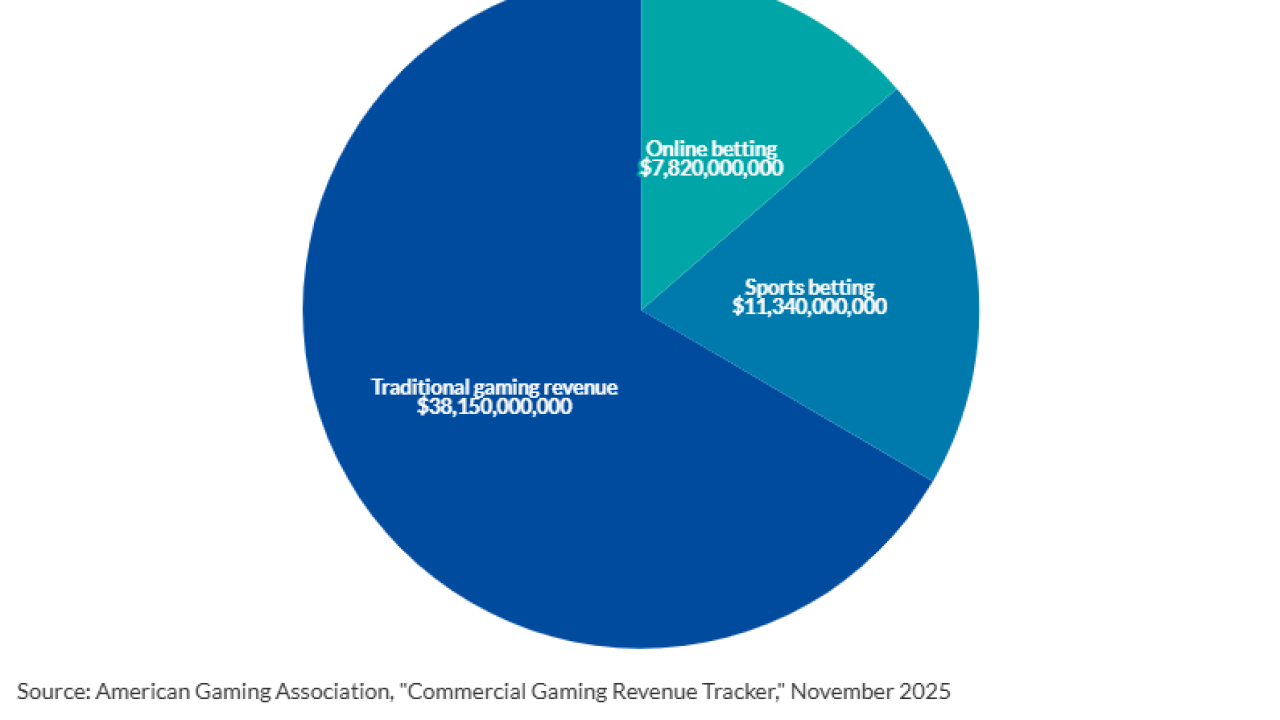While more organizations are encouraging the use of AI, a recent survey found that even if it were banned at their workplace, many would still use it anyway.
EisnerAmper, a Top 25 Firm, recently
It's unknown whether their organizations could stop them. Only 22% of the respondents said their organizations even monitor AI use in the first place, and only 11% block ChatGPT and other public models. The survey also found that only 36.2% have an AI policy, only 34.2% say their company emphasizes transparency when discussing AI, and only 34% say their company has an AI strategy.

Also, a significant portion of professionals don't really tell their supervisors they're using AI. While slightly more (22.4%) say they get permission first before using AI, almost as many (21.7%) have no such reservations; 22.2% either might or might not.
Why such an attachment? Perhaps it's perceived productivity. The survey found 30.6% of respondents saying they were much more productive with AI and another 45% said they were mildly more productive. When it comes to what they're actually doing, the most common use cases were writing/editing/grammar support; research: and data analytics. And what are they doing with the time they save? A clear majority, 63.9% of people, said they do more work. The next most common activity, at 28.7%, is surfing the internet. Overall, 47.5% were either much or somewhat happier at work because of AI.
At the same time, they're not always the best when it comes to evaluating outputs. While about 81% were very or somewhat confident in the results of their outputs, when asked how often they find errors, 28.4% said "not very often" and 3.4% never find errors. Only 10.3% were supremely confident in their ability to spot errors.
Mary Rizzuti, partner and practice lead of compensation resources at EisnerAmper, said the results indicate it's time for organizations about AI oversight and governance.
"Employees are rapidly integrating AI into their daily tasks. But without a deliberate employer strategy regarding transparency and communication, companies risk losing momentum in innovation," said Rizzuti in a statement. "It's crucial that HR business partners equip employees with the right tools, training and policies to integrate AI responsibly and effectively."





